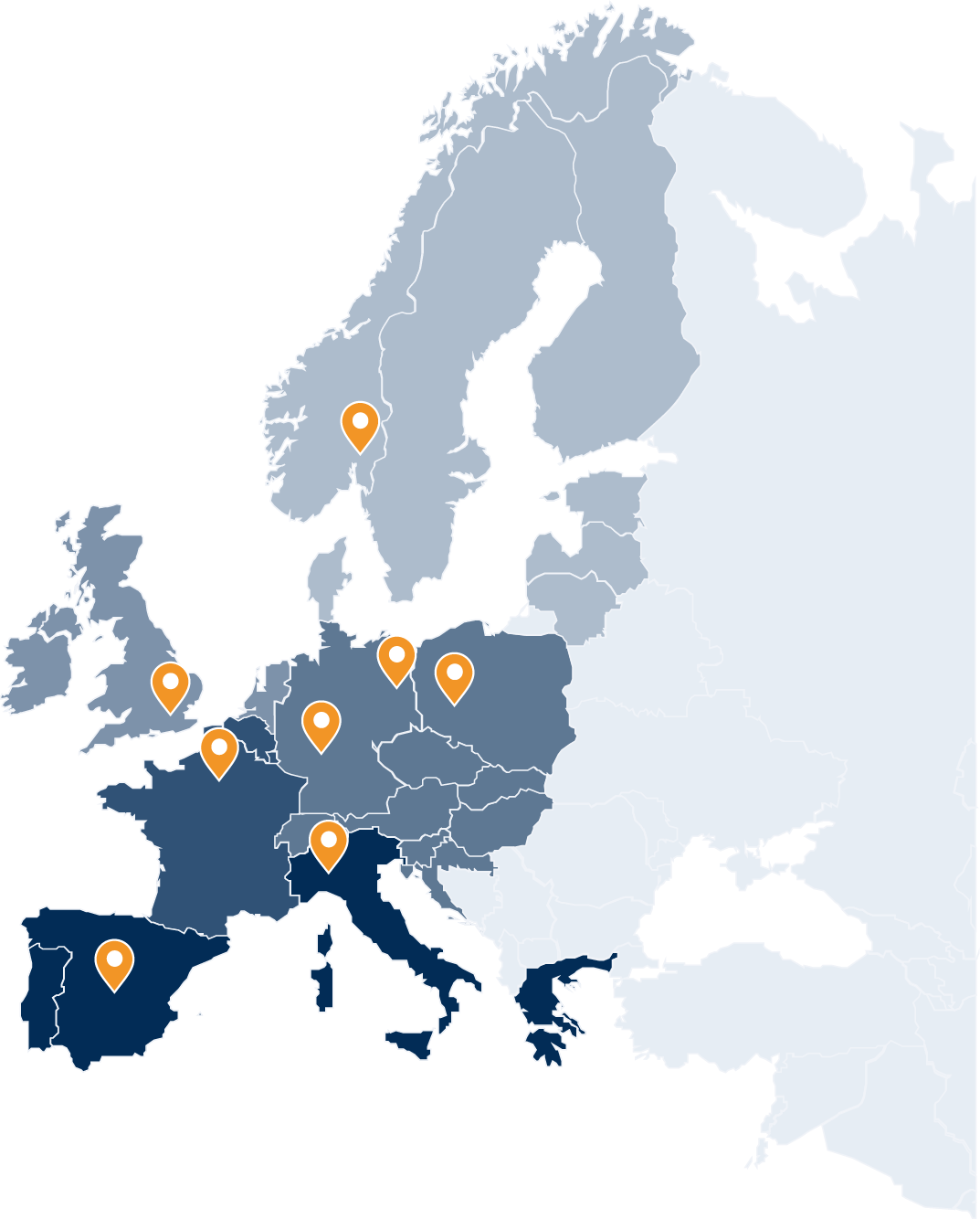.png)
By Florian Schoeller, CEO and founder of the European rating agency Scope
Europe is under pressure: an aggressive Russia, an unpredictable transatlantic partner and a power-conscious China are shaping a world order in which Europe has not yet found its place. The latest humiliations on the global political stage have left their mark and jolted Europe out of its comfort zone. European politicians can no longer avoid taking action. Their dependencies, especially on the US, are too strong and one-sided. They can rely on three certainties:
Firstly, only a united Europe is a strong Europe and can survive in a world of multipolar power centres.
Secondly, Europe's relevance and influence do not depend solely on its values and words, but above all on its economic strength.
Thirdly, strategic autonomy is not a luxury or an abstract concept, but a concrete prerequisite for Europe's ability to act.
Capital markets union as a key project
One project that builds on these three certainties is the capital markets union. It aims to bring together Europe's fragmented capital markets, improve financing opportunities for companies, mobilise capital and channel it where it can have the greatest impact on growth and transformation. A unified capital market should also reduce dependence on banks and make the EU more resilient to external shocks. In short, the capital markets union should increase Europe's economic clout and thus strengthen its political relevance and strategic autonomy.
One thing is certain: the potential in Europe is huge. While Europeans have only invested a small amount in the capital market, over 10 trillion euros lie in European bank accounts. This capital is not available to finance the major challenges facing Europe. Fast-growing and innovative companies in Europe also often lack suitable sources of financing.
The United States shows how things can be done better: there, a much larger proportion of wealth is invested in the capital market. This not only generates better returns for investors, but also provides the US economy with enormous resources for investment and innovation: the US bond market is more than twice as large as the European bond markets combined. The US stock market is even three times as large. The US is at least five times ahead in terms of venture capital. The greater economic dynamism and innovative energy in the US are largely based on these financing advantages.
Despite the immense potential that the capital markets union offers Europe, progress towards its realisation has been slow because it requires the harmonisation of European laws and standards in numerous areas – from tax and insolvency law to financial supervision and investment vehicles. And it requires a reorientation of pension provision – away from a pay-as-you-go system and towards a fully funded system. These enormous efforts require a great deal of political energy. But they are worth it and must be tackled swiftly. Or, in the words of Mario Draghi during his time as President of the European Central Bank: not acting is the greater risk.
Autonomy begins with the financial market infrastructure
In order for financial markets to converge and strengthen Europe's autonomy, legal harmonisation and changes to pension systems are needed, along with a robust infrastructure that is based on European realities and interests – and is not dominated by external actors.
Just recently, European Central Bank President Christine Lagarde expressed concern about Europe's dependence on US payment providers and brought initiatives such as the digital euro and European payment systems into play to reduce this dependence.
What applies to payment flows applies even more so to capital flows. And this is where credit ratings play a central role. They are a fundamental component of the financial market infrastructure, shape investors' risk perceptions and are deeply embedded in regulatory mechanisms. Ratings have a significant influence on whether and on what terms governments and companies can access capital.
As long as Europe relies exclusively on external voices for credit ratings, it will remain dependent in a key area of its financial architecture. This dependence is not only a technical risk, but also a strategic one.
The negative effects of this strong dependence have so far been most evident in times of crisis: the financial crisis revealed how much flawed ratings can destabilise the entire financial system. In the euro crisis, the abrupt and sometimes difficult-to-understand downgrades of EU member states contributed significantly to market uncertainty. The consequences were not only higher interest costs for the countries affected, but also a crisis of political confidence.
European rating agency as an analytical corrective
Today, there is consensus among investors and other capital market players on the importance of an independent rating perspective that takes into account and reflects the economic, legal and institutional characteristics of Europe.
A European rating agency is not a protectionist instrument, but rather an analytical corrective. It brings diversity to opinion-forming, depth to analysis and resilience to the financial architecture. For Europe, it is an act of financial maturity and strategic autonomy and, at the same time, a necessary complement to a pluralistic, open capital market.
Read the Börsen-Zeitung article (in German)
Read the Milano Finanza article (in Italian)
Read the El Economista article (in Spanish)
Read the L'AGEFI article (in French)








.png)